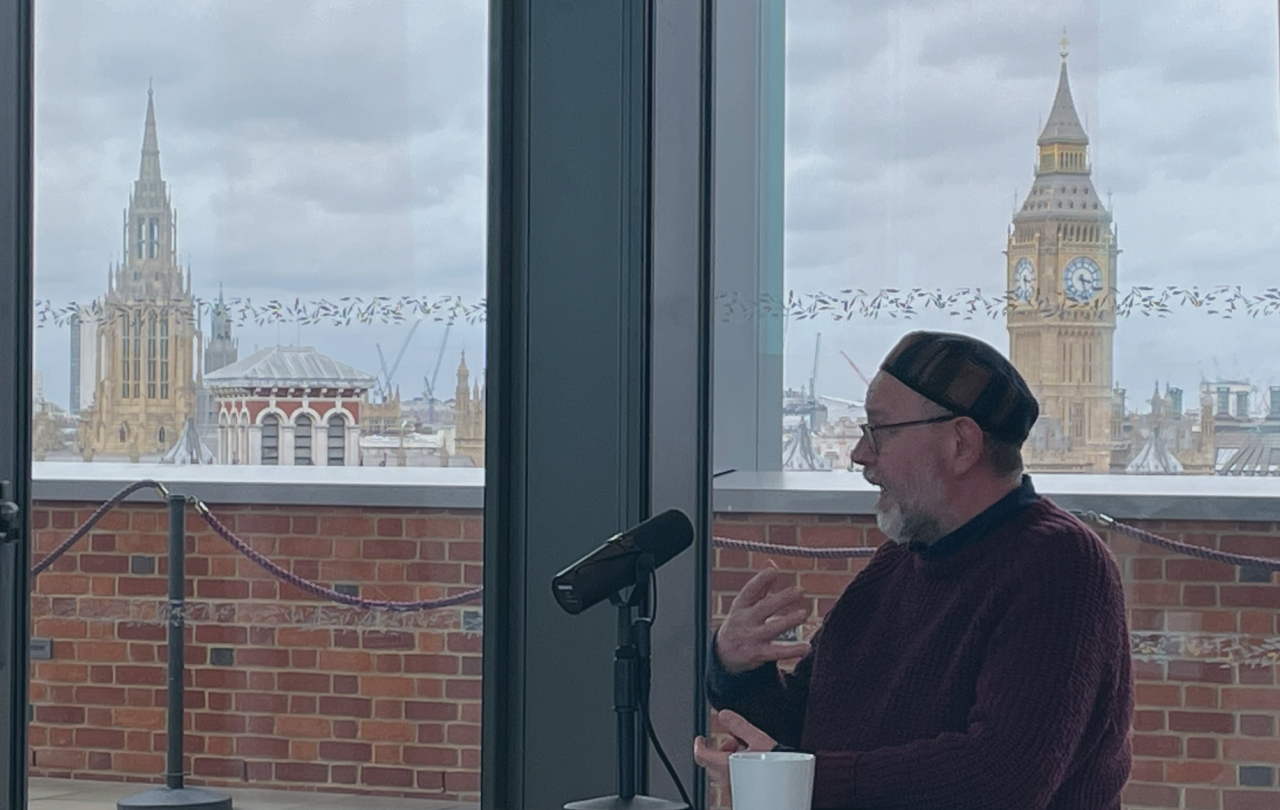The other week in Brazil, crowds were heard jubilantly celebrating: “Brazil! Brazil!” The characteristically enthusiastic nature of their celebration might make you think there had been a football victory. But the victory was in fact the Oscar win for I’m Still Here, the Walter Salles directed movie – a first time win for Brazil in Best International Picture. And Brazil should be proud. As the credits rolled in an independent cinema, I sat in stunned silence. I’m Still Here is a moving and expertly crafted portrayal of family life under tyranny. The film gives a tragic account of the insidious and destructive nature of authoritarian untruth - yet also a celebration of the defiant resistance of unsung heroes in the face of evil.
Set in 1970’s Rio de Janeiro during a military dictatorship that lasted for 21 years, the film centres around the true story of the Paiva family. The father, Rubens Paiva (Selton Mello), a former dissident congressman, is abducted by the military for interrogation and disappears; the mother, Eunice Paiva (Fernanda Torres), who herself is imprisoned and tortured for 12 days, is left to keep the family together and continue the search for her husband.
At this point, I should admit that this review is not unbiased, as I have been to Brazil six times, and have an enthusiastic interest in its history and culture. And despite the sombre tone at the heart of the movie, I’m Still Here felt like a celebration of Brazil. The film opens with an ominous helicopter flying over a Rio beach, which leads us to the Paiva family enjoying the sun with their friends. The fun, vibrancy, and warmth that permeates the family gathering reminded me of much of what I love about Brazilian culture. Even in the midst of a repressive regime, at least for this family, the party goes on.
Unfortunately, the party doesn’t last for long.
Thirty minutes into the film, the relative harmony of the Paiva family’s world is sharply interrupted, when the military police arrive at their home and announce that Rubens is wanted for interrogation. As the intruders close the curtains and doors, the light, warmth and music that permeated the start of the movie are muffled and suffocated. This scene plays like a microcosm for Brazilian society under authoritarian regime.
Historians Lilia M. Schwarcz and Heloisa Starling, in their book Brazil: A Biography document how on 14 December 1968, the Jornal do Brasil, a leading daily newspaper, published a special edition to surprise their readers, including a false weather report: ‘Suffocating temperature. Air unbreathable.’ The previous day, the military dictatorship had announced a law which suspended habeas corpus and freedom of expression, permitted the annulment of citizen’s rights, and determined that political trials would be conducted by military courts, with no right of appeal. This allowed the dictatorship to repress political dissent, and led to the mass disappearances of individuals suspected of anti-government activity.
We see this suffocation slowly take hold of Eunice Paiva. Here Fernanda Torres’ subtle yet arresting performance as the Paiva mother cannot be understated. As she tries to maintain a sense of normalcy in her family, protecting them from the truth, while also quietly and defiantly seeking her husband’s release, we hang on to her every word and nuance of expression.
Every confrontation she makes to the police is met with deflection, lies, and cover-up. We watch as the insidiously persuasive untruth of authoritarianism seems to triumph over integrity. We get this sense from the world around the Paiva family too – the radio only relays state-sanctioned news, and censors music deemed subversive. I’m reminded of George Orwell’s depiction of the Party in 1984, which enforces ‘doublethink’ on the populace: ‘to be conscious of complete truthfulness while telling carefully constructed lies … consciously to induce unconsciousness.’
Eunice can be seen as a counterpart to Orwell’s protagonist, Winston, who claimed ‘There was truth and there was untruth, and if you clung to the truth even against the whole world, you were not mad.’ This refusal to let go of truth carries Eunice Paiva, and us along with her.






